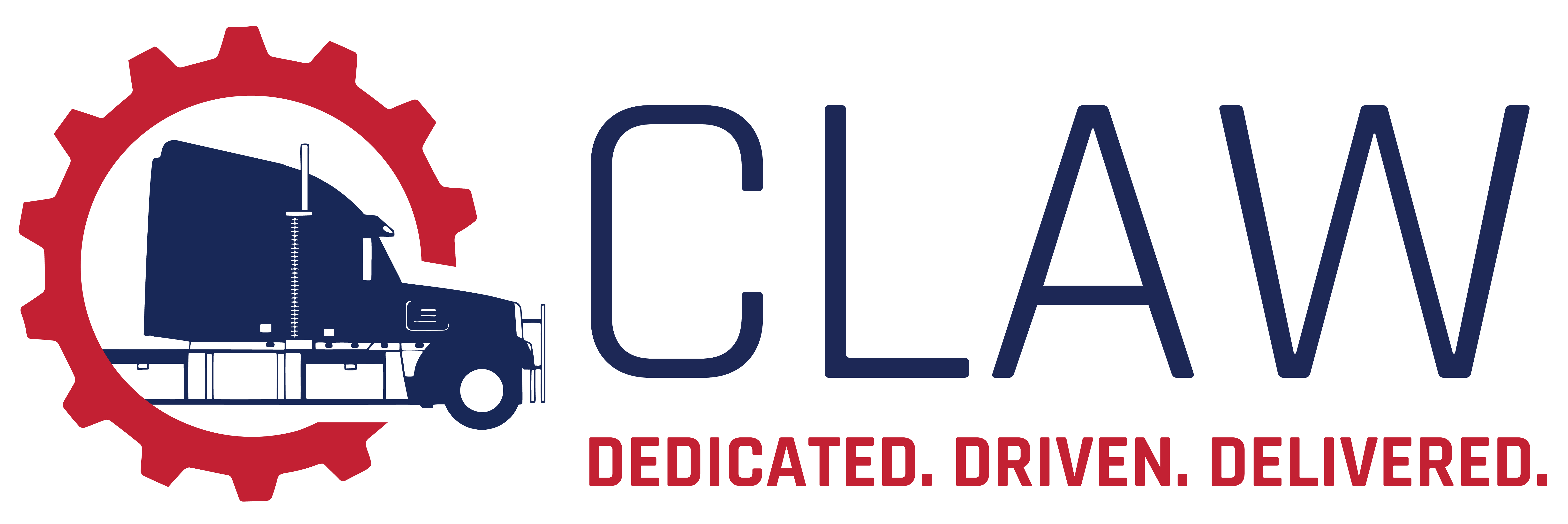
Is your business leaking money from inefficiently transporting shipments weighing over 100 pounds?
When shipping freight, you'll discover that there are several options. Narrowing the search to select just one can be difficult.
As you conduct your search, you'll consider many factors, including the type of shipment, price, and shipping speed.
Above all, look for a transportation and logistics management company to help you save on shipping costs. Keep reading as we discuss the differences between LTL vs. FTL shipping to help you decide which is best for your business.
LTL Shipping
LTL stands for less than truckload shipping, and it refers to transporting smaller freight. Typically, LTL freight carriers handle small freight shipments from multiple businesses. Companies share the freight space on a semi-trailer.
Because you're sharing the transportation costs with other businesses, LTL shipping is a more economical option.
Each business uses a portion of the truck for their shipment and pays according to the number of goods shipped and travel length.
Other benefits of LTL shipping include more service options and security and tracking.
Trucks carrying LTL shipments will make several stops to unpack and re-pack goods. For this reason, it will take longer for your goods to reach their final destination, but you will save on shipping costs. The right
freight and logistics management company will actively save you money by combining shipments with others headed in the same direction.
FTL Shipping
FTL (full truckload) is the opposite of LTL shipping and is ideal for larger shipments whereby your company's product will need to occupy the space of an entire semi-trailer.
Benefits of FTL include space for large shipments and a much faster shipping speed. FTL is also best for delicate or high-risk freight. The faster shipping is due to the absence of load transfers. Because the goods are traveling to a single destination, they remain in the same truck for the entire journey.
Full truckload is ideal for two different scenarios. First, you have enough products to fill an entire semi-trailer. Second, you only have a partial load but wish to have a dedicated truck.
FTL is often chosen when companies have ten pallets or more to ship, when time is an issue, or when there are high-risk packages on board.
LTL vs. FTL Shipping
When weighing the differences in LTL vs. FTL shipping to determine which one meets your needs, you must consider your freight's particulars. There are several factors to consider as you make your decision.
First, LTL shipments are ideal for
freight transport weighing between 100-10,000 pounds. If you have shipments that will weigh over 10,000 pounds, FTL is best.
If you're looking for the most economical option, LTL is definitely the cheaper option when considering LTL vs. FTL costs. This is because you're sharing the cost of the shipment with other companies. However, if you need your shipment to quickly reach its destination, FTL is the way to go.
Finally, are you shipping high-risk or fragile products? If you ship FTL, your goods will remain untouched on one truck for the entire journey—which is better when transporting delicate items. If your shipment contains durable goods, LTL is a fine choice.
Finding the Best Freight Solution
If you're weighing the differences between LTL vs. FTL shipping, you likely have more questions regarding transportation and logistics.
No matter what your shipping and to where CLAW will find the most cost-effective freight solution.
Contact us today to see how we can help.
 Is your business leaking money from inefficiently transporting shipments weighing over 100 pounds?
When shipping freight, you'll discover that there are several options. Narrowing the search to select just one can be difficult.
As you conduct your search, you'll consider many factors, including the type of shipment, price, and shipping speed.
Above all, look for a transportation and logistics management company to help you save on shipping costs. Keep reading as we discuss the differences between LTL vs. FTL shipping to help you decide which is best for your business.
Is your business leaking money from inefficiently transporting shipments weighing over 100 pounds?
When shipping freight, you'll discover that there are several options. Narrowing the search to select just one can be difficult.
As you conduct your search, you'll consider many factors, including the type of shipment, price, and shipping speed.
Above all, look for a transportation and logistics management company to help you save on shipping costs. Keep reading as we discuss the differences between LTL vs. FTL shipping to help you decide which is best for your business.
 Is your business leaking money from inefficiently transporting shipments weighing over 100 pounds?
When shipping freight, you'll discover that there are several options. Narrowing the search to select just one can be difficult.
As you conduct your search, you'll consider many factors, including the type of shipment, price, and shipping speed.
Above all, look for a transportation and logistics management company to help you save on shipping costs. Keep reading as we discuss the differences between LTL vs. FTL shipping to help you decide which is best for your business.
Is your business leaking money from inefficiently transporting shipments weighing over 100 pounds?
When shipping freight, you'll discover that there are several options. Narrowing the search to select just one can be difficult.
As you conduct your search, you'll consider many factors, including the type of shipment, price, and shipping speed.
Above all, look for a transportation and logistics management company to help you save on shipping costs. Keep reading as we discuss the differences between LTL vs. FTL shipping to help you decide which is best for your business.
